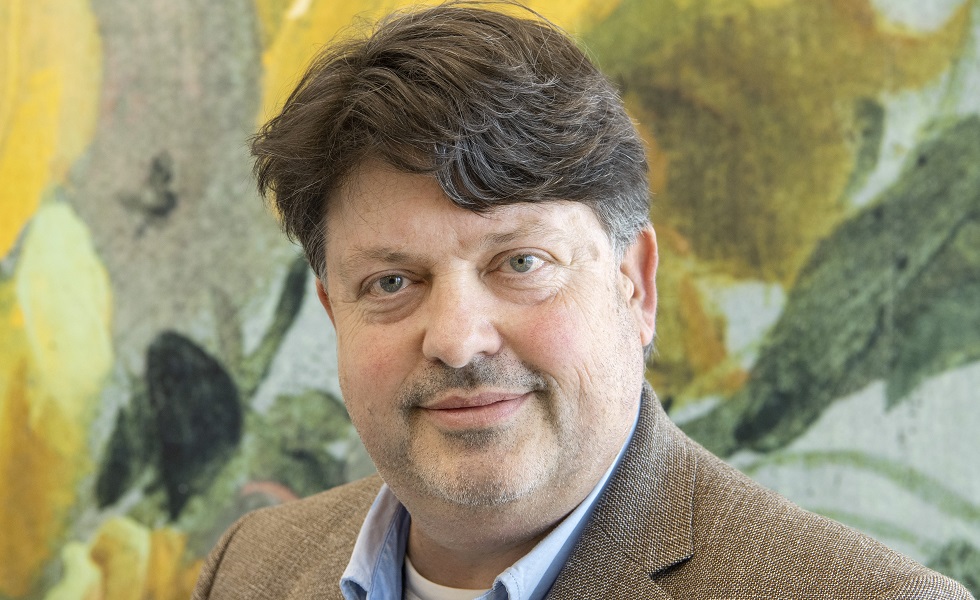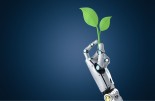Han Dieperink: Even more Dutch AI winners
Han Dieperink: Even more Dutch AI winners

This column was originally written in Dutch. This is an English translation.
By Han Dieperink, written in a personal capacity
Our country has several large scientific publishers that have need-to-know information. With Artificial Intelligence (AI), this information can be made much easier to access. That is good for growth and for margins.
The Netherlands has a remarkably strong international presence in the field of scientific publishing. This is due to a combination of past factors. The Netherlands is a small and compact country sandwiched between major European powers, which likes to look beyond its borders. The printing press may have been invented in Germany, but thanks to the open Dutch culture, scientists could take full advantage of the freedom here.
In the scientific field, the Netherlands is a small superpower. In terms of the number of scientific publications per inhabitant, our country is among the best in the world. On average, these articles are often cited. There we finish in second place, after Switzerland. But corrected for the money we invest in science, the Netherlands is at a lonely height.
The Netherlands as a unique knowledge country
For a long time, the Netherlands was also a country of multinationals, partly because of the highly educated population, the infrastructure, the peace of mind at work and the cultural diversity, but mainly because of the friendly tax legislation.
The Randstad is actually one big metropolis. If its area is compared to that of other metropolitan areas, then even parts of Germany and Belgium should be included. All these areas are in the area of the Blue Banana, the part of Europe that covers only 20% of the land area and comprises as much as 80% of economic activity.
There are thirteen internationally highly regarded universities in the Netherlands. The same cluster effects that made Silicon Valley into a success, also work here. Similar companies attract talent, capital and other companies as well. Moreover, the Netherlands cluster is in the middle of other European clusters in Germany, France and the United Kingdom.
In addition, the Netherlands is the fourth country in Europe in terms of railway kilometers and even has the highest density of roads in Europe. Compared to other clusters, researchers can collaborate efficiently here. In addition, the flight connections from Schiphol and the internet hub of Amsterdam are added.
Universities in the Netherlands are traditionally given a great deal of freedom to appoint professors and determine the scientific course. Until recently, on the Times Higher Education list of the 980 best universities, not a single Dutch university fell outside the top 250, so they actually fall into the top quartile. That is unique compared to other countries.
Also unique is a typical Dutch lack of respect for hierarchy. so that young talent has a much faster chance to climb the ladder. Science is essentially the questioning of existing ideas and our country seems to be made for that. Whereas in the Anglo-Saxon world universities usually have their own publishing houses, in the Netherlands this is left to the free market. These publishers are now taking full advantage of the new techniques in the field of AI.
The possibilities of AI for publishing
To date, no technology has been adopted as quickly as generative AI. Almost every part of the economy will have to deal with some form of this in the future. Often AI is seen as a threat, but for science and scientific publishers it is much more of an opportunity. This is because the quality of artificial intelligence depends on the quality of the underlying data.
Now the standard version of ChatGPT uses publicly available data until 2021. But if a version can also run on the databases of companies such as RELX (Reed Elsevier) and Wolters Kluwer, then the added value of these publishers for their customers increases rapidly.
Not so long ago, for source research, scientists had to go to the library for a long time, where a copy could be made of the relevant piece of text. Sometimes the information was on a microfiche, which could be printed with great difficulty. A lot of time has already been saved in this respect, but the uncertainty as to whether all sources had been consulted still remained.
Due to the greatly increased amount of information, it is no longer possible to read and analyze everything. That phenomenon is over with AI. If RELX and Wolters Kluwer take a smart approach, a state-of-the-art pleading memorandum in draft, for example, will now be ready within half an hour. Without involving trainees or even employees. That will take some getting used to for the lawyers who are still recording tapes. The productivity gains are huge. This also applies to the boring and mind-numbing work of accountants, risk managers, compliance officers, CDD specialists, etc., often all clients of these publishers.
The impressive growth of RELX
It is no coincidence that RELX's organic growth has increased over the past five years. This company used new techologies, among which machine learning, which has improved its competitive position. A new publisher who wants to conquer the market with the help of AI does not have access to this data. In addition, information can also be generated with existing customers using the database, so that the existing customer network can provide an additional barrier.
At present, an average of 2% to 3% of the turnover of an average law firm goes to companies such as RELX and Wolters Kluwer. Suddenly these companies are also able to take over many more tasks from the existing staff. That quickly amounts to tens of percent of the turnover, with a considerable upside for the publishers.
Of course, lawyers, tax specialists, accountants, risk managers, consultants, etc. can try to set up their own ChatGPT, but the economies of scale of generative AI are very large. So bigger is better. This is to the advantage of companies such as RELX and Wolters Kluwer, which have proven to have sufficient critical mass, although the long-envisaged merger between these parties will also add value in the field of AI.









